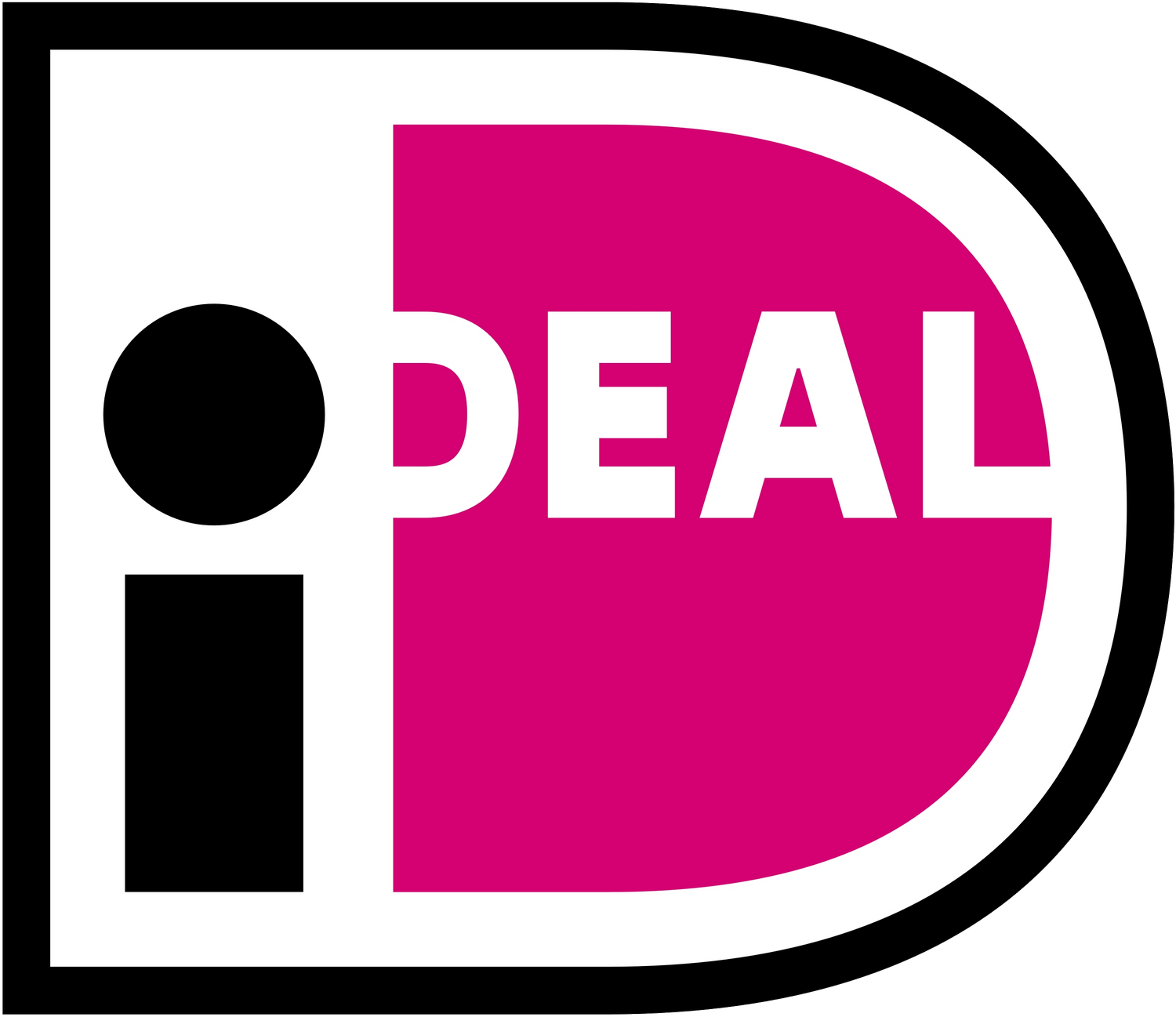The name The Knotty Ones is a pun. Knotty sounds like a bit of the English word ‘Naughty’ when pronounced. This describes the brand and its founders perfectly, they are rebellious and a little naughty.
The founders of The Knotty Ones, Sandra, Danute, and Akvile, traveled together in Asia in 2014. During their backpacking trip, they got to know the local culture as well as the local factory workers of the fast fashion companies, among others. They were shocked by the circumstances and the fact that about 85% of the workers in the factories were women.
They were outraged by the exploitation of vulnerable women in poor countries. Sandra, Danute, and Akvile set fire to the matter against exploitation.
The women combined their strengths and founded The Knotty Ones, which designs and manufactures the most beautiful knitwear in the world. They wanted to employ women and pay them a decent wage.
Sandra, Danute, and Akvile consider it important to be the women themselves who hire women to weave clothes for women. Women’s rights and social responsibility are important to The Knotty Ones.
Most of The Knotty Ones’ weavers are Lithuanian housewives living in remote areas. Each of The Knotty Ones knits is knitted by hand using only 100% natural materials. Materials include merino wool, recycled wool, Fair Trade cotton, or alpaca, for example. The Knotty Ones selection includes knitwear for women and kids.
Based in New York and Lithuania, The Knotty Ones wants to create sustainable fashion, as well as challenge other companies to take responsibility. Also, they hope to be able to inspire women to start businesses.






